9 popular games you didn't realize had lingering plotlines
Wait a second...
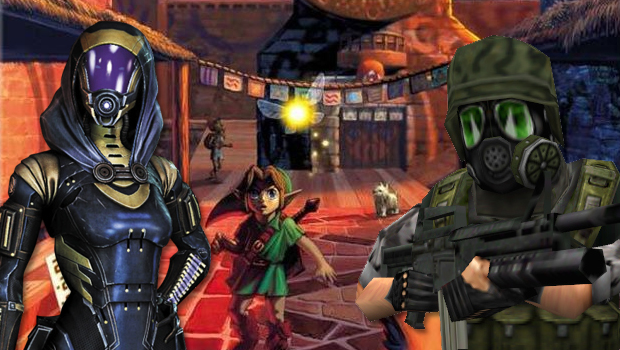
It's always great to see a plot wrap up perfectly. In longer games or series, particularly complex ones with branching plotlines and a lot of balls in the air, watching all the threads get tied up can feel like just as much of a victory as beating a final boss. Maybe one thing got missed here or there, insignificant things, but that doesn't take away from the overall feeling of success when everything comes together perfectly.
But what about hanging threads that aren't obvious? What about things that were forgotten early on, or carefully not mentioned, or buried in the shininess of the climax and wrap-up? The sort of threads that you don't notice at first, but then once you start pulling you realize they unravel a pretty important part of the game, and the whole thing looks kind of messy after that? We know that story, and we've got 10 examples right here of games you didn't realize had lingering plotlines. Get your magnifying glass and seam-ripper, we're going to pull these apart.
Link never finds Navi (Majora's Mask)
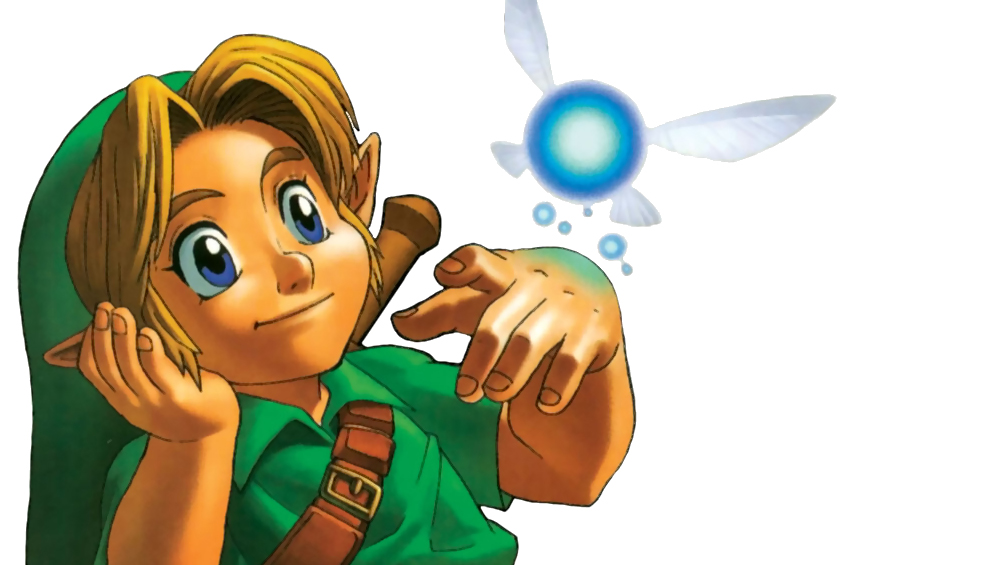
Majora's Mask starts with a simple premise: find Navi. Just as the point of Ocarina of Time is for Link to defeat the evil descending on Hyrule, the point of Majora's Mask is for him to find the friend he lost in the process. So he goes on a quest, discovers a plot to destroy the world, seeks out protective spirits with the help of magical masks, defeats the wicked Majora's Mask and rides off into the forest as the credits roll wait, I feel like we're forgetting something.
As it turns out, Link doesn't find Navi at all, and in the end we're no closer to understanding why she left or where she went. Some say that was an intentional move by Nintendo, who wanted the story to be about Link getting past his grief at Navi's loss. While the game's events do put distance between the journey to find Navi and the game's happy conclusion, one can't help but feel a sense of melancholy and lack of closure--which bravo, if that was the idea.
Rinoa is a sorceress in a world that hates sorceresses (Final Fantasy VIII)
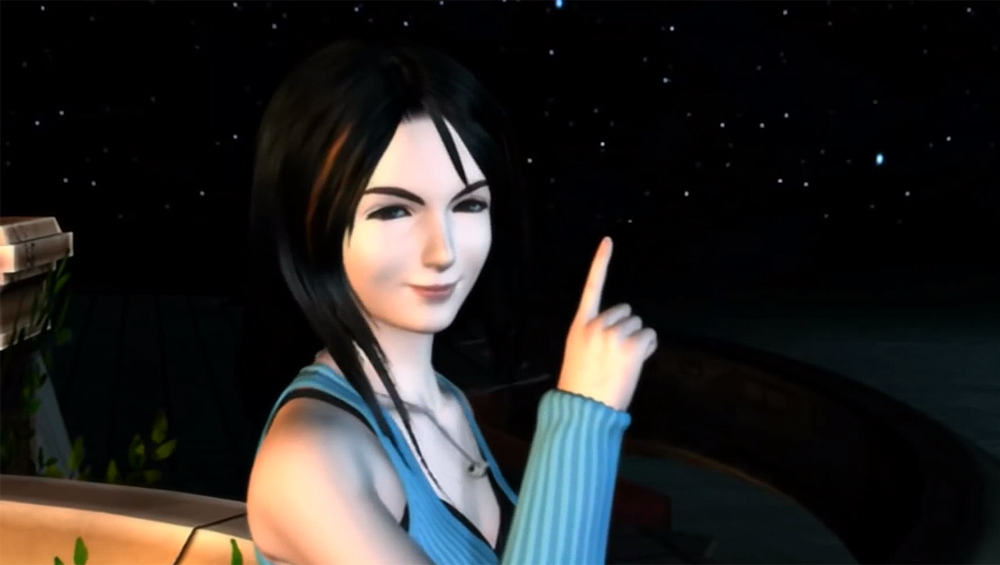
As Final Fantasy VIII comes to a close, we get a home-movie look at the game's happy ending: the villain defeated, everyone is together and suitably comical, and the main couple finally makes it official. Aww, how sweet. It almost makes you forget that the sorceresses caused massive social chaos, and these teenagers are going to be dealing with the fallout.
VIII's ever-shifting plot can be blamed for this one. We were lulled into a false sense of security by the final battle, since Ultimecia was the one who possessed the other sorceresses and caused them to commit evil deeds. However, the people of the world don't know that--all they know is that Edea and Adel killed at least one world leader and tried to take over a post-war society that is still reeling from a conflict started by the sorceresses twenty years prior. And who is the last high-profile sorceress alive? Rinoa, who is being sheltered by mercenaries sworn to eliminate sorceresses. Oooh, Squall's got some 'splaining to do...
Kairi never summons a keyblade, even though she's always been able to (Kingdom Hearts)
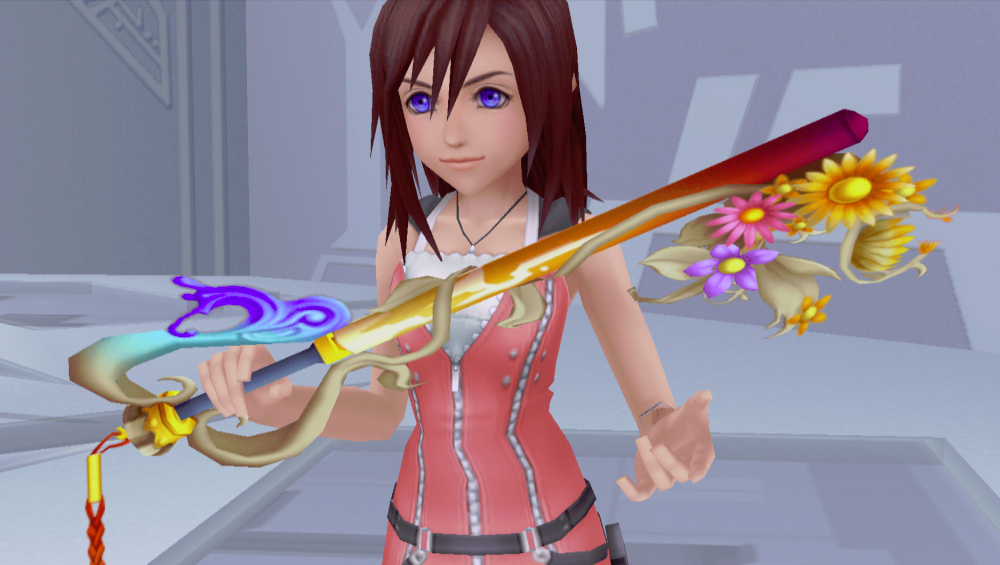
After years of settling for an unbalanced heroic triangle, Square-Enix finally caved at the end of Kingdom Hearts: Dream Drop Distance and revealed that Kairi will be trained to become a keyblade master. It seems the company has been leading up to this reveal, with Birth by Sleep showing that she inherited the ability to wield a keyblade at an early age from Aqua. But... hold on. If she's had these powers all along, why is this just coming up?
Sign up to the GamesRadar+ Newsletter
Weekly digests, tales from the communities you love, and more
Suddenly, the question of Kairi's abilities turns into a pretty big hanging thread. If she had the same keyblade-master potential as Sora and Riku all along, you have to wonder why she hasn't been able to manifest a keyblade until now. That's especially weird given that she's been wanting to fight beside them since the first game, and could have really used some firepower in Kingdom Hearts 2. I guess you could say she was bogged down by the dark magic of plot convenience, but that answer is kind of unsatisfying.
Who is "the Sixth"? (Assassin's Creed)
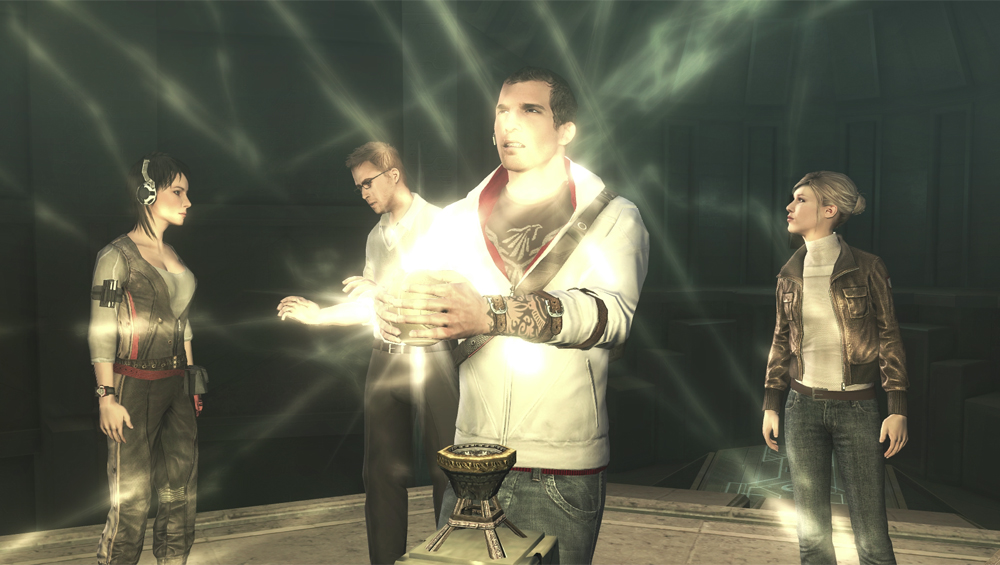
The end of Assassin's Creed: Brotherhood was a shock to the system, to the characters only slightly more than the players. At the end of the ride, Desmond is suddenly controlled by a vengeful goddess, forced to commit a murder and sent into a coma while she tells him to "awaken the Sixth" for "the final journey." Great, sounds like just the sort of thing needed to advance the plot and give the player something to look for. Except we're four games down the road now and we're still waiting to hear any word on the Sixth.
There could be a couple reasons this plot thread has been left hanging so long. It's possible that developers are building toward this discovery in ways we aren't aware of. Maybe they're using their trademark conspiracy acrobatics to develop the identity of this mysterious Sixth right in front of our eyes. Or maybe the idea was dropped and Ubisoft's hoping we'll forget eventually. Could be anything. Really.
Where is Tooty? (Banjo-Kazooie)
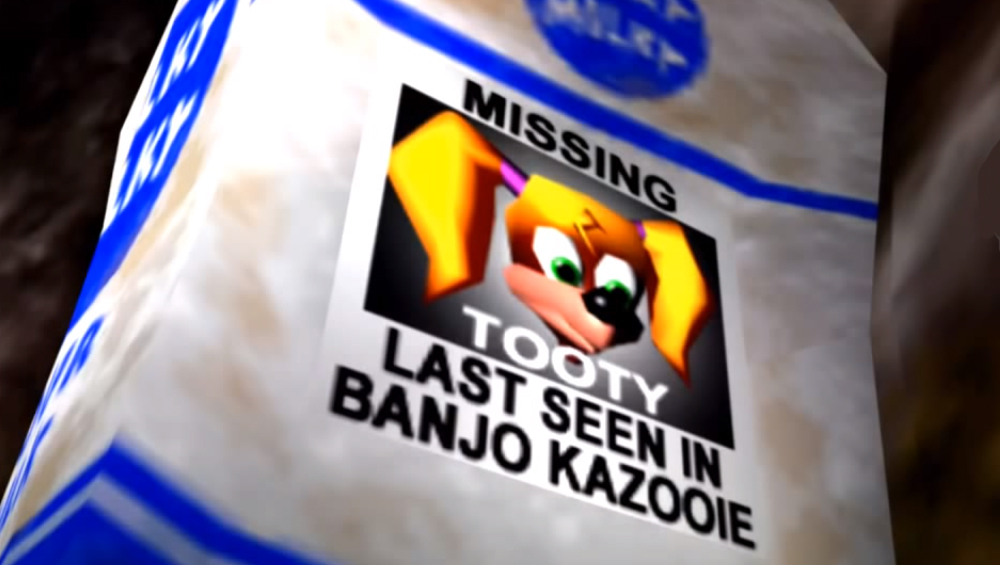
Poor Tooty has it rough. She gets kidnapped by a wicked witch intent on stealing her beauty in the opening of Banjo-Kazooie, and is held prisoner in Gruntilda's fortress of evil while her brother Banjo and his loudmouth breegull friend Kazooie go on a journey to save her. But that's okay, because the outlandish duo brave the witch's lair and rescue Tooty from harm, and after that she goes on to well. Erm.
It seems that after the conclusion of Banjo-Kazooie, Tooty wasn't all the important anymore, because she is notably absent from Banjo-Tooie (and Nut--that other game we don't speak of) without any characters referencing her or mentioning where she went. Where something as simple as a throwaway line about her striking out on her own adventure would be enough to explain what happened, we don't even get that--she's just gone, and even though she was primary motivating factor behind Banjo and Kazooie's first journey, nobody seems particularly fazed. Nice friends you got there, girl.
What happened to Adrian Shephard? (Half-Life)
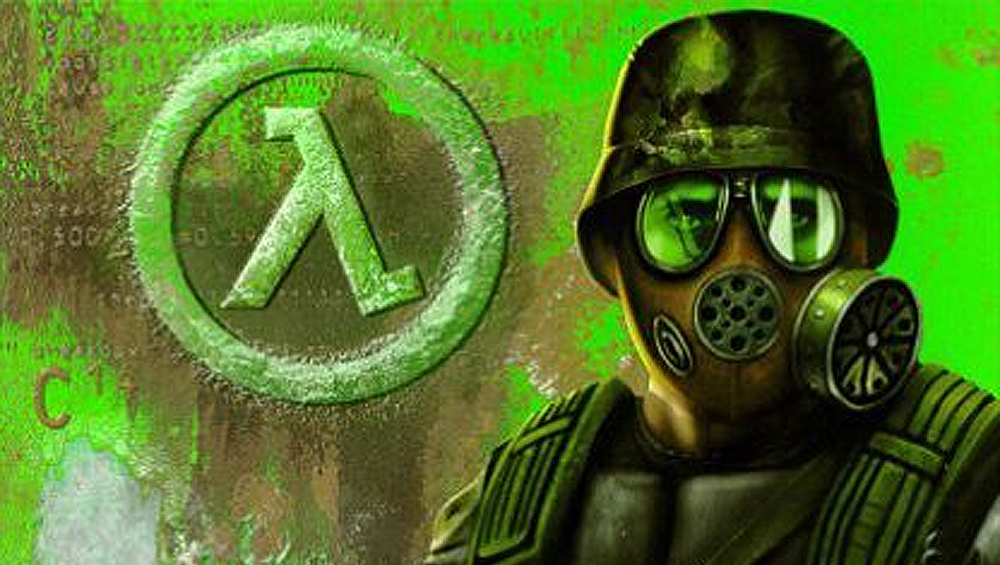
Surprising exactly no one, Half-Life: Opposing Force ends on uncertain circumstances. After Marine protagonist Adrian Shepherd battles his way through Black Mesa, the enigmatic G-Man has him put into stasis in a similar manner to Gordon Freeman, keeping him fresh for later use. However, it seems that Shephard got the short end of the stick, because he's yet to come up since.
With a series like Half-Life--which hasn't had an official update for seven years now, Valve--it's not surprising that some things have been left unexplained. However, Shephard's complete absence from subsequent titles seems particularly odd, given how clear it was made that he was being contained for future extraction. Does no one really remember the other guy that disappeared at the same time as Gordon with even less explanation? Has even the G-Man lost track of him? Is Adrian Shephard the existential equivalent of forgotten Chinese takeaway in the back of the G-Man's fridge? Well, hopefully if/when we get an answer about this--Valve--Shephard will come out smelling better than that.
What happened to the runner assassins? (Mirror's Edge)
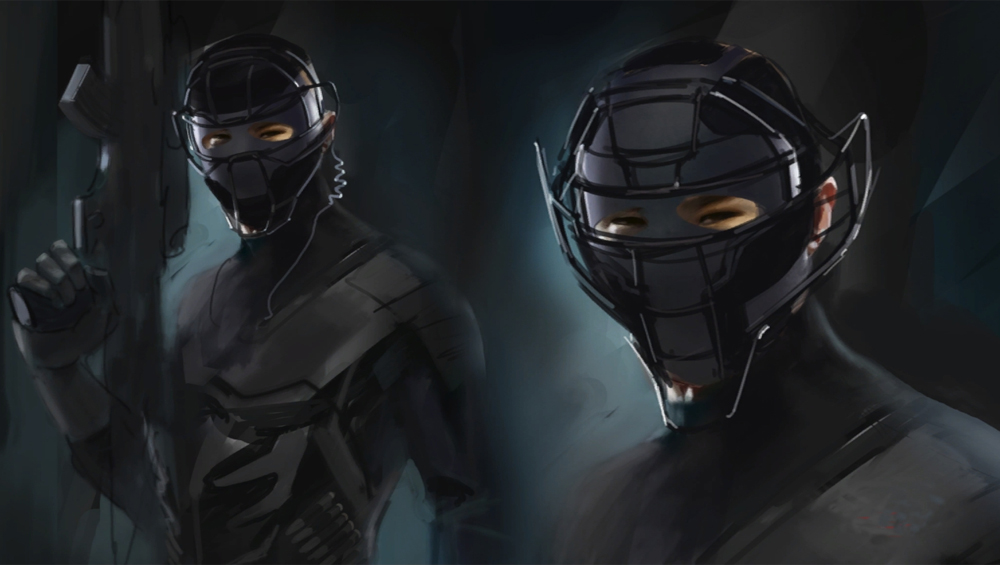
Mirror's Edge has a lot going for it. With unique parkour-style gameplay and gorgeous environments, it had players in thrall, wanting to know more about the runners and the world in which they operate. The game was unfortunately light in that regard, with the runner narrative being shuffled to the background early on, but the concept is still present. However, one aspect of the game is so crucial that it's hard to ignore how quickly it's disregarded: the pursuit cops of Project Icarus.
Project Icarus--brought up in one of the game's earliest chapters and acting as one of the plot's central foci--is an operation to eliminate runners like Faith by creating state-trained assassin runners called pursuit cops to take them out. However, excluding an appearance as mooks in a later chapter, these folks all but vanish after the big reveal. Production difficulties seem to be to blame, and since Mirror's Edge 2 is set to be a prequel, it's a safe bet they won't be making another appearance any time soon. Ah, well, better luck next time.
Dark energy is forgotten (Mass Effect)
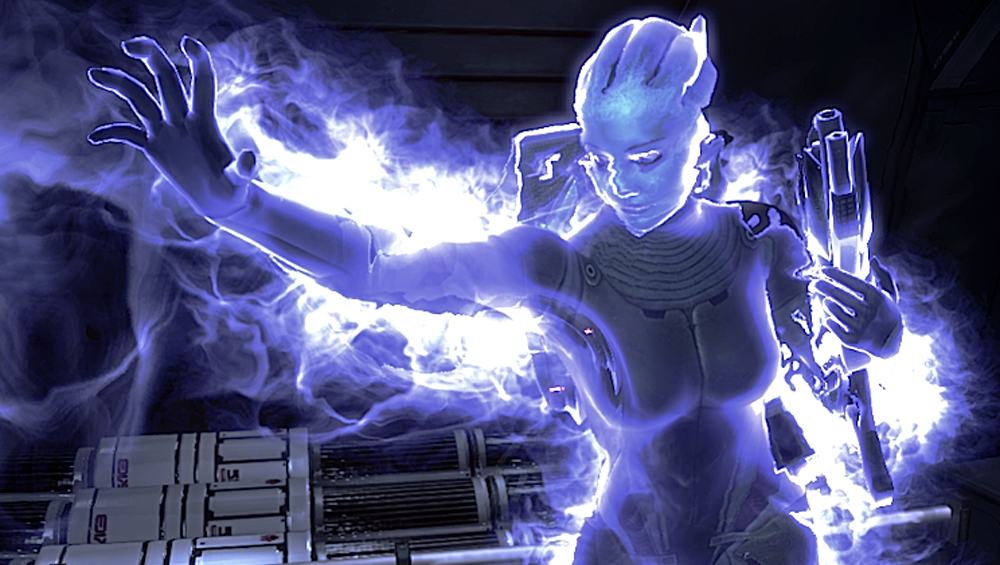
Oh, Bioware, why do you torment us so? The company created so many fascinating subplots to feed into the overall narrative of Mass Effect, some of which had incredible potential only to be unceremoniously shuffled off. Perhaps one of the most tragically ignored of the bunch--that of dark energy--was shoved aside in its infancy when it still had so much to give.
First mentioned in Tali's recruitment and loyalty missions, dark energy in the Mass Effect universe can be used for a variety of useful purposes, but is also destructive enough to hasten the death of a sun. That sounds like a pretty big deal, and the Quarians seem pretty interested in it, but that doesn't save it from being pretty much forgotten by the time Mass Effect 3 rolls around. Some fans have suggested that this is because dark energy was originally meant to play a part in the reaper cycle (since confirmed by former Bioware writer Drew Karpyshyn) and when that idea went, so went the subplot. Another casualty of w--development.
Ethan's blackouts are never explained (Heavy Rain)
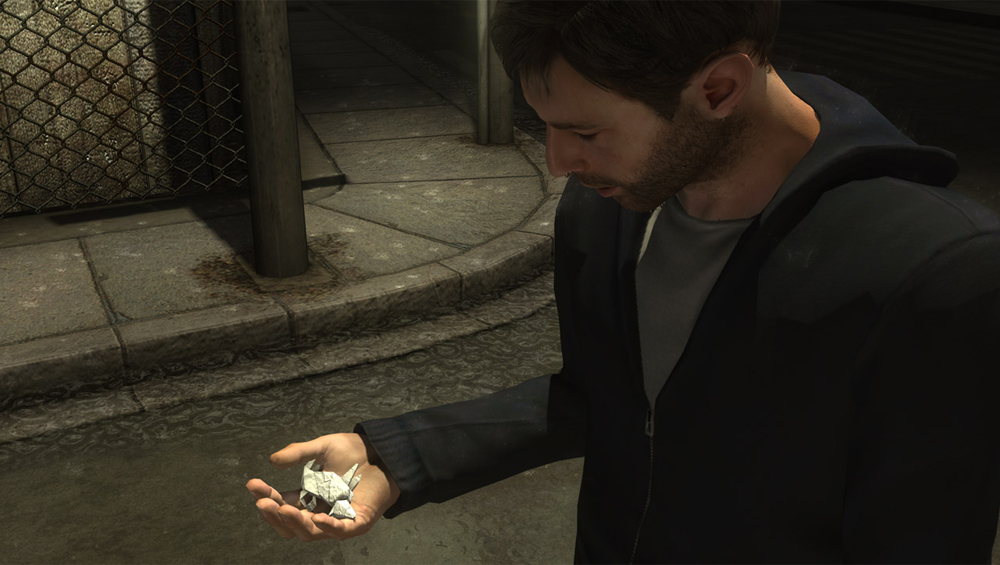
"Why does Ethan Mars have blackouts?" Pages of search results can be found asking this very question, curious parties looking for what they might have missed in Heavy Rain's narrative that would have explained Ethan's plot-convenient sojourns into unconsciousness. Only vague and unsatisfying responses fill the void though, because Quantic Dream forgot to come up with an answer of their own.
In an attempt to lead the player to the conclusion that Ethan is the Origami Killer, Heavy Rain has him black out at several convenient moments so he has no alibi for crimes committed during that time. After each one he wakes up with an origami figure in his hand, suggesting that he may be the killer, and the blackouts are the result of split personality shifts. However, it turns out he was never the killer, and the blackouts were just a clumsy red herring with no real explanation of their own. These episodes were apparently explained in cut material, but for a game that was supposed to elevate video game storytelling, that's a crime in and of itself.
Hey! They forgot something!
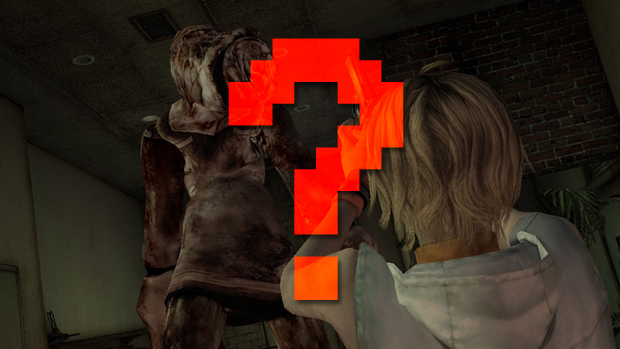
The frustration of finding dangling plot threads that may never be fixed is a big one, and can even change the way people think about a game entirely. What are some dangling plot threads that you've picked up on? Have they changed the way you feel about the games they came from? Tell us in the comments below, and feel free to vent, because the struggle is real.
And if you're looking for more, check out 7 fan theories we want to believe and 9 theories that merge two characters together.
Former Associate Editor at GamesRadar, Ashley is now Lead Writer at Respawn working on Apex Legends. She's a lover of FPS titles, horror games, and stealth games. If you can see her, you're already dead.



